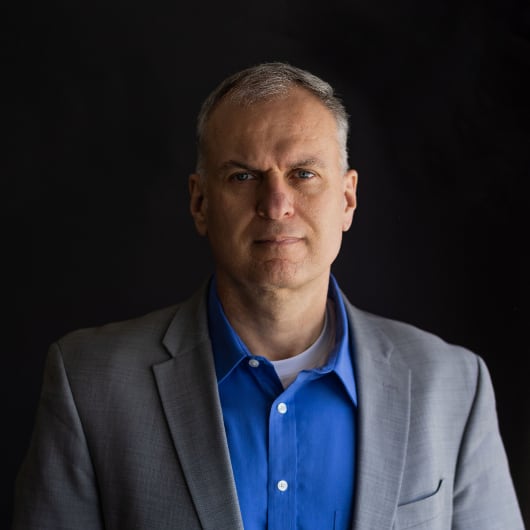Another wild week in the banking industry, and to close it out here are some of the best things we’ve read this week. First up is results from recent consumer sentiment surveys on trust in banking. Also one of the hottest takes on central bankers and the who/what/when/where of zero interest monetary policy.
1. Trust in banking holds firm
Consumer polling firm Morning Consult published their survey of consumer trust in banks after SVB and Signature bank collapses. Overall their data shows steady, with 70% of respondents indicating trust in banks.
Digital bank customers were less likely to trust banks to do what is right, with 57% saying they trust them and 36% saying they don’t.
When asked about their level of trust for other types of financial institutions, respondents’ trust in credit unions was not far behind their trust in banks, with 69% of all adults saying they trusted those institutions. Digital banks saw much lower levels of trust, however, with 44% of Americans saying they trust them.
News of Silicon Valley Bank’s collapse reached most Americans: 59% said they had heard at least something about the failure of SVB, though fewer had heard about the collapse of Signature Bank (48%) and Silvergate Capital (34%).
2. What happened, and maybe who’s to blame
Former Dallas Fed advisor Danielle DiMartino Booth writes on “too big to fail” and the role of central banking in the current market crisis. Subtitled A Short History of the World, the article covers a wide breadth of topics, including the role of Dodd-Frank related costs in the decline of community FIs, the potential risk to them in their concentration of commercial real estate assets, and the movement of money out of the banking system altogether.
The global nonbanking financial sector was $220 trillion as of the end of 2020; that compares to $180 trillion in the regulated conventional global banking sector.
How are we to have any inkling as to what the effect of high interest rates, illiquidity and a global recession is in a mammoth sector that regulators can’t even see? Private capital is exponentially more dependent on ZIRP (zero interest-rate policy) . We’ve only just begun to see risk bubble to the surface in the lowest rated publicly traded credit.
We are asked what we would have done in Chairman Powell’s position at several points in the narrative. And while there are plenty of harsh words for current and past Fed leaders, administrations, and Treasury secretaries, she concludes with this admonishment:
Instead of mass mobilizing against Powell as if he was the reincarnation of King Louis XVI, why not grow up? In the absence of a solution without consequences, he’s made an attempt to steer the economy into the first recession from which it has the slightest chance of exiting without the dead weight of zombie companies, without the corrupt practice of anointing Wall Street’s kingpins the de facto makers of monetary policy. A wise man once said, “There is no such thing as a free lunch.” Damn right there’s not. Perhaps we accept the truth in this wisdom and, in doing so, the consequences of our actions.
On that cheery note, we wrap up the week. Even in 1974, identity theft was a problem. And thanks for reading to the bottom. We love feedback. Let us know what you like and don’t like at blog@mindspaninc.com.

